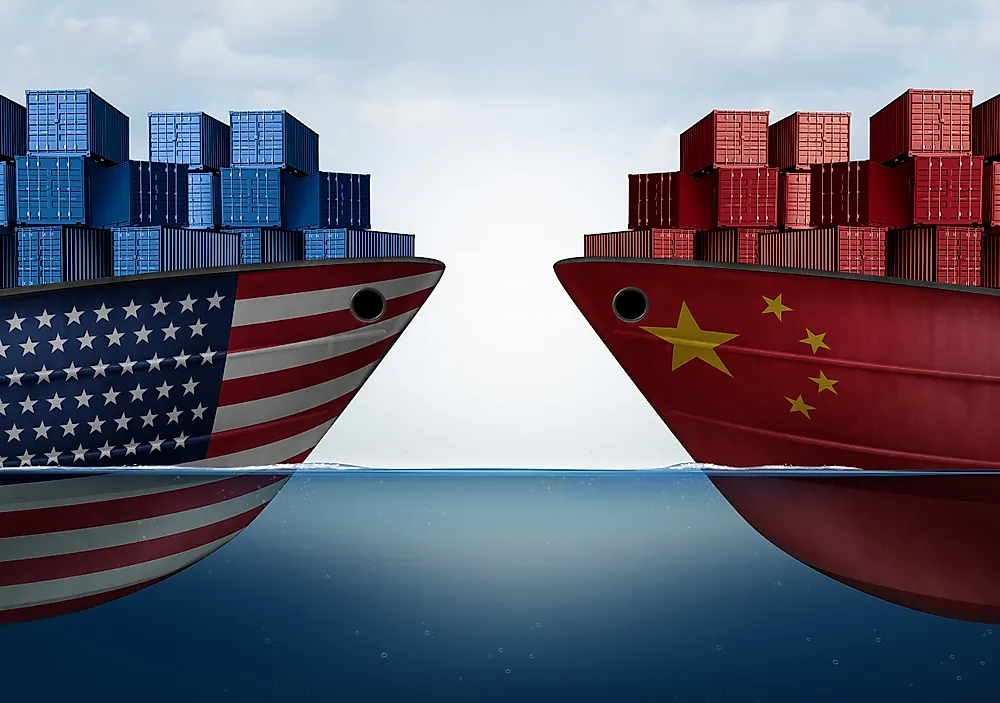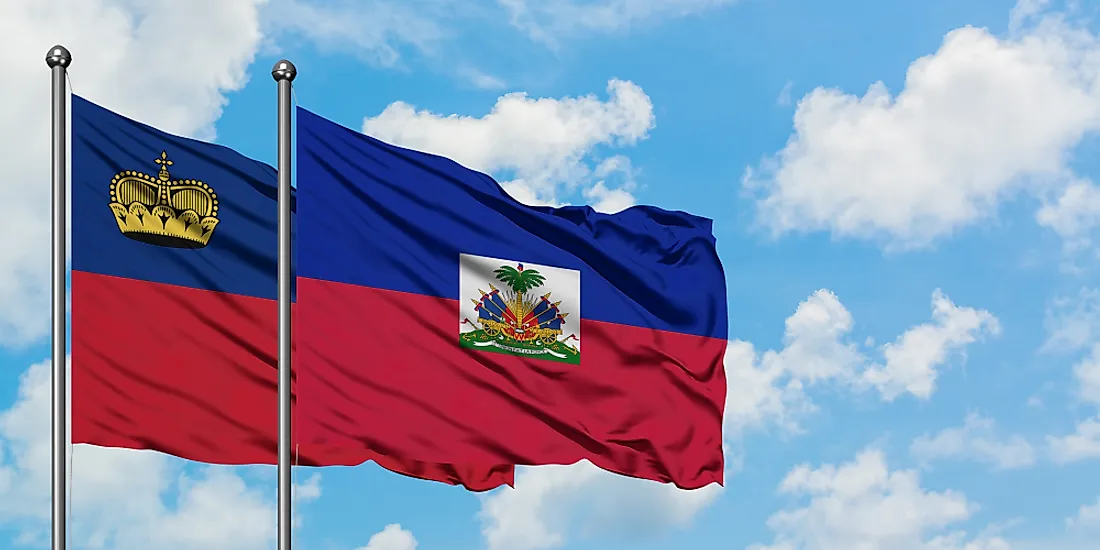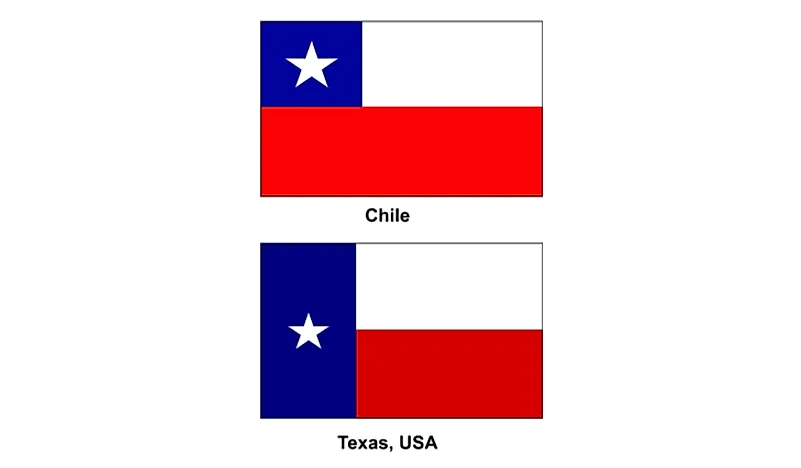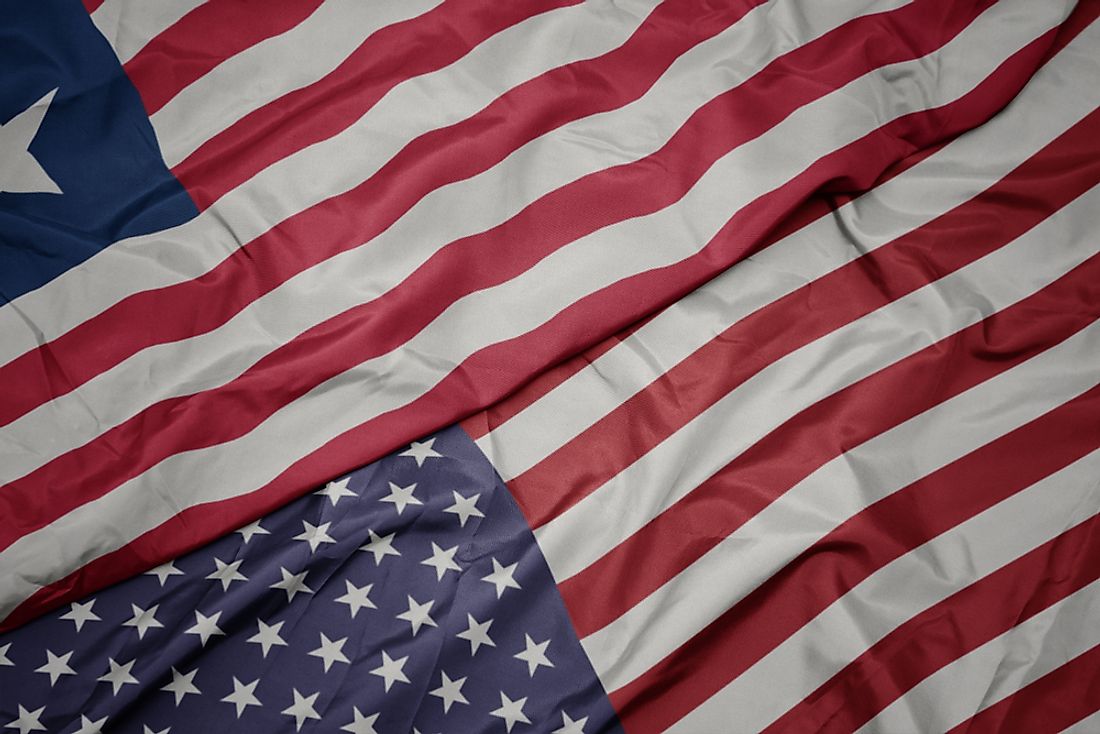Where is Nigeria?
Located in Western Africa, Nigeria has a 4,477.00 km border with Benin (809 km), Cameroon (1,975 km), Chad (85 km) and Niger (1,608 km). It has a 853.00 km coastline. The Joint Border Commission with Cameroon reviewed the 2002 ICJ ruling on their boundaries.
The capital city of Nigeria is Abuja, located in the center of the country and surrounded by the Nasarawa, Bida, and Minna districts. The city was settled in 1828 and was designated the capital of Nigeria on 12 December 1991. The Nnamdi Azikiwe International Airport, as well as the federal highway and rail network, serve the city's transportation needs. Abuja is a twin city of Toronto, Canada and Buffalo, United States of America. The climate of Abuja is considered to be a tropical wet and dry environment. There are three distinct seasons in Abuja, the warm and humid rainy season, an extremely dry period, as well as a brief period of dust and haze known as harmattan. The rainy season takes place from April-October with August usually being the wettest month of the year. November and December are usually the months of harmattan conditions and the rest of the year is extremely dry and hot. January sees just 1.7 millimetres (0.07 inches) of rain on average compared to August which receives an annual average of 262.7 millimetres (10.34 inches). In 2015, the population of Abuja was estimated at 1.6 million people and the city grew extremely quickly from 2000-2015.
Read more on Nigeria's CapitalNigeria is an African country covering 923,768.00 km2 of which 1.41% is water and 910,768.00 km2 is land. This makes it the 31st largest country in the world and about six times the size of Georgia slightly more than twice the size of California. Its geographic coordinates are 10 00 N, 8 00 E and Abuja is the capital city.
The name Nigeria comes from the Niger River.
Its ISO code is NG.
Geography
Nigeria has a mean elevation of 380 m above sea level.
It has a varied climate from equatorial in the south, tropical in the center, and arid in the north. its terrain is mostly made of southern lowlands, central hills, plateaus, plains, and mountains.
Population
Nigeria has a population of 186,053,386 making it the 7th largest in the world.
English is the official language; over 500 indigenous languages are also spoken. The major ethnic groups reported are Hausa, Fulani, and Yoruba. The country is split almost evenly between Christians and Muslims.
The official language of Nigeria is English. However, there are over 520 known languages that exist in Nigeria and the surrounding areas. After the United Kingdom had outlawed slavery in 1807, they established a protectorate, known as the West Africa Squadron, in order to combat slave trading. Nigeria was a part of this colony and declared independence in 1960. The 150-plus years of colonial rule established English as the main communication method early in the region and nation's modern history. Many of the vast number of minority languages have evolved from the Afro-Asiatic or Niger-Congo language families. Hausa, Yoruba, Igboid, and Gur are just four of the 520 languages spoken. Nigerian Sign Language, introduced in 1960, is also an important method of communication.
Read more on Nigeria's LanguagesThe dialing code for the country is 234.
Government
Nigeria is an independent country. It gained independence from the United Kingdom in 1960. Its constitution was last ratified in 1999.
The political system of Nigeria is modelled after that of the United States with elements of the Westminster System of legislature and government added. The 1999 Constitution of Nigeria laid the foundation for the post-military rule era, known as the Nigerian Fourth Republic. Nigeria faces security and development challenges that have seen a former military dictator return to power. Elections in Nigeria for the presidency and the parliament (House and Senate) have taken place every four years since the end of military rule in 1999. In order to win the presidency, a candidate must receive over 50% of the national vote and 25% of the vote in at least two-thirds of the states of Nigeria. If this is not achieved, a run-off election takes place. The House of Representatives are elected in single-member constituencies and the Senate is elected from 36 three-member constituencies that are based on the states of Nigeria.
Read more on Nigeria's GovernmentEconomy
Factoring in Purchasing Power Parity, Nigeria's GDP is $1,090,000,000,000.00 (USD) with $5,900.00 (USD) per capita. This makes it the 23rd largest economy and its citizens the 157th richest in the world. The currency of Nigeria is the Naira (NGN).
Its major export partners are India, the Netherlands, and Spain. Its main exports are petroleum, cocoa, and rubber. Its major import partners are China, the United States, and the Netherlands. Its major imports include machinery, chemicals, transport equipment, and manufactured goods.
Flag
The flag of Nigeria consists of three equally sized vertical bands of green, white, and green from left to right. In 1959, the government of Nigeria held a competition and placed newspaper advertisements around the world in order to find their new flag. This flag was officially adopted by the country on 1 October 1960, the same day that independence from the United Kingdom was declared. The national flag of Nigeria was designed by Taiwo Akinkunmi, commonly referred to as "flag man" by many in the country. This design was submitted by Akinkunmi to the government of Nigeria while he was studying engineering at Norwood Technical College in London. The Nigerian government, who were preparing for their independent republic to become a reality, approved the design in 1959, one year before the official adoption of the new flag. Akinkunmi won 100 pounds for his effort as well as a place in the history books of Nigeria. According to the designer of the flag, the green bands are a symbol of the agriculture in Nigeria which has provided the people with food for centuries. The white central band is representative of the peace and unity found in the new republic of Nigeria. The Flag and Coat-of-Arms Ordinance of 1960 states the correct use and the symbolic importance of the national flag.
Read more on Nigeria's FlagThis page was last modified on January 17th, 2018
More on Graphicmaps

Published on 2019-11-06
What is a Trade Embargo?

Published on 2019-11-04
Which Two Countries Used to Have the Same Flag?

Published on 2019-09-16
What Is the Only Two-Sided State Flag?

Published on 2019-09-16
Which Country Flag Looks Like the Texas Flag?

Published on 2019-08-29
Flags That Resemble the US Flag

Published on 2019-08-20
